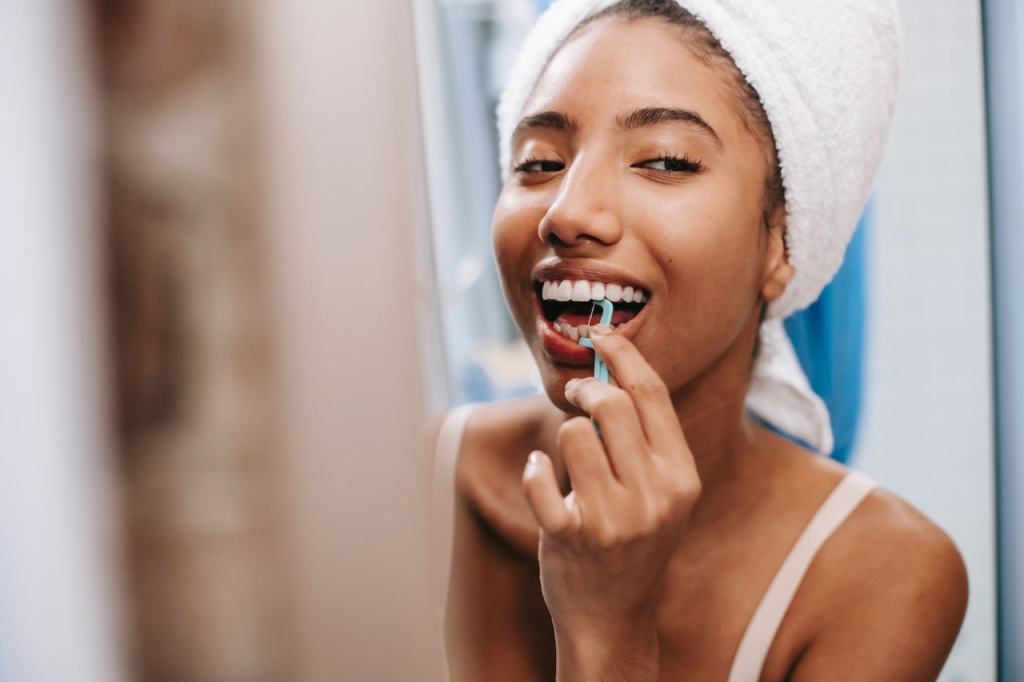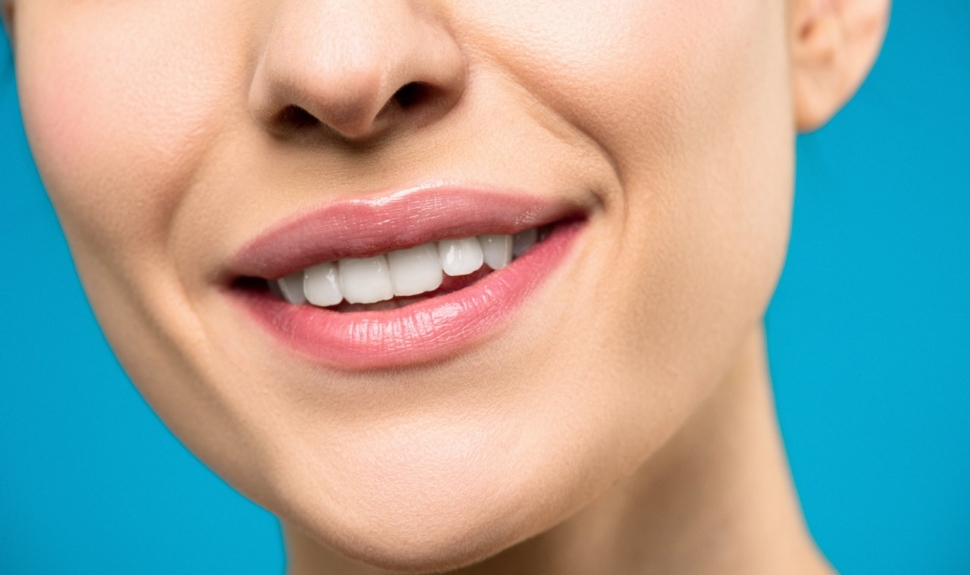Mouthwash is an important part of dental hygiene. However, not all mouthwashes are the same, equally created, and provide the same benefits. Dental Implants Harrisburg experts have dedicated today’s post to discussing the properties of mount washers and disclosing facts and doubts referring to their role in mouth hygiene.
1. Mouthwashes are not a cure for a bad breath
Even though most mouthwashes contain the ingredients that kill bacteria and the substances that make them smell fresh, the impact of mouthwash on bad breath is rather brief than even temporary. The power of mouthwash to refresh your breath is not sufficient to make a prolonged effect. The issue of bad breath should be treated by determining the cause and targeting the problem, and not by masking the symptoms with the passing efficiency of a mouthwash.

2. Mouthwashes can prevent and fight gum disease
As most mouthwashes are infused with antibacterial ingredients they are great for preventing and fighting gum diseases. Its antibacterial properties efficiently help reduce the number of bacteria in months and inflammation.
3. Mouthwashes can fight cavities and plague
Just as for gum disease, mouthwashes are capable of fighting cavities. As a cavity is caused by bacteria, mouthwash’s antibacterial properties are effective in preventing bacteria growth. Another way that mouthwashes support a fight against cavities is by strengthening a teeth enamel and demineralizing. If your mouthwash contains fluoride, this enhances its ability to fight tooth decay.
Even though mouthwashes are helpful in preventing bacteria build-up and plaque, they cannot remove the existing plaque.
Additionally, mouthwashes due to their antibacterial properties can help in slowing down the formation of tooth tartar.
4. Mouthwash is not a replacement for toothbrushing
Although mouthwashes offer plenty of benefits for your oral hygiene they can not replace brushing your teeth. Rising mouth with mouthwashes is a valuable addition to teeth brushing but can never be a substitute for it. A crucial and indispensable part of dental hygiene is unconditional teeth brushing. Toothbrushing and flossing are the fundaments that mouthwashes can not replace or be taken as a shortcut to your dental hygiene routine. Mouthwashes are created only to help you enhance your daily dental regime. However, mouthwash can swoosh food residues and bacteria that you might have missed while flossing and teeth brushing, and reach the places your brush and floss can’t.
5. Mouthwashes are safe during pregnancy
Most mouthwashes in a market don`t contain ingredients that can be unsafe during pregnancy. Pregnant women are more prone to gum disease and cavities due to hormonal changes and vomiting. For these reasons, mouth washing is even highly recommended for pregnant women.
6. There are different kinds of mouthwashes
Not all mouthwashes are created from the same ingredients, and equally formulated, and not every mouthwash serves the same purpose. Some mouthwashes are primarily created to fight bacteria with their antibacterial ingredients. These mouthwashes are appropriate for people who want to enhance their fight against cavities and refresh their breath.
Other mouthwashes have their main active ingredient fluoride. These mouthwashes are convenient for people who don’t drink fluoride water and need a boost in fighting tooth decay and gum disease.
There are also mouthwashes with only cosmetic purposes, which consider only the refreshing abilities and reduce bad breath for some time.
On the other hand, some mouthwashes require a doctor’s prescription and have therapeutic abilities. This type of mouthwash is the solution for patients with gingivitis and other gum diseases.
To determine which mouthwash best suits your needs, you should consult your dentist for help.
When choosing the right mouthwash for yourself, it is very important to look for those that have an ADA seal of Acceptance which guarantees the safety of the product. Additionally, mouthwashes are only suitable for children above the age of 6, and not all mouthwashes are adequate for the use of children.
7. How long you rinse a mouth with mouthwash is also important
Many types of mouthwash contain alcohol that can cause the feeling of stinging in the mouth. This can urge a person to spill out a mouthwash before it can provide its effect. Most mouthwashes require at least 30 seconds to work. Therefore, before using a certain mouthwash make sure that you read the instruction to use it properly and keep the mouthwash in your mouth for the required time to achieve its effect
Summary
Mouthwashes are easy to implement in your daily routine and appropriate for carrying and using on occasions when you are not able to brush your teeth. Using mouthwashes after brushing enhances the oral hygiene routine but can also be used between the brushing to reduce the bacteria content in your mouth. Mouthwashes are particularly recommended for people that are using Invisalign or have fixed bracelets as it helps them maintain optimal oral hygiene.
